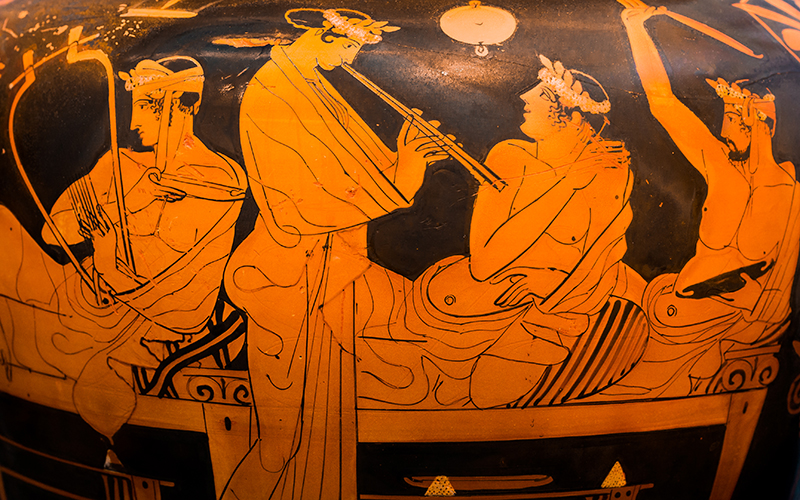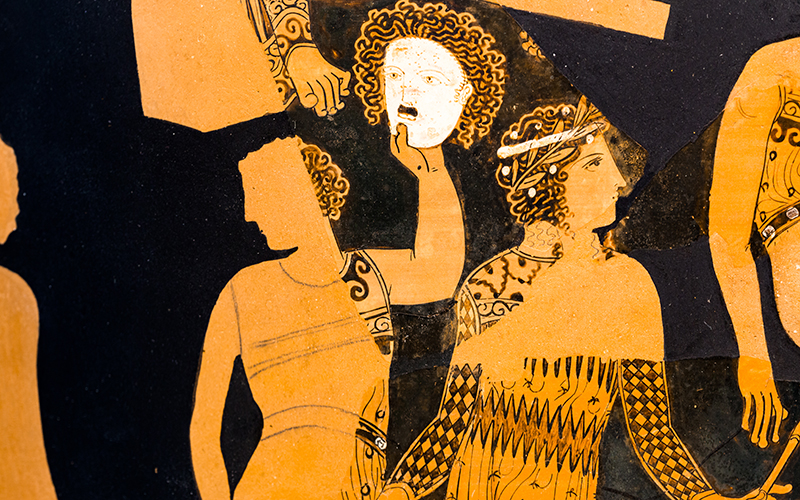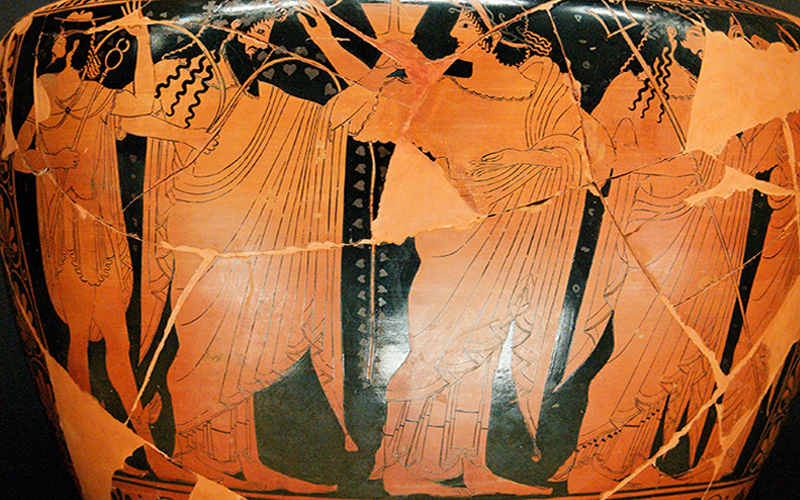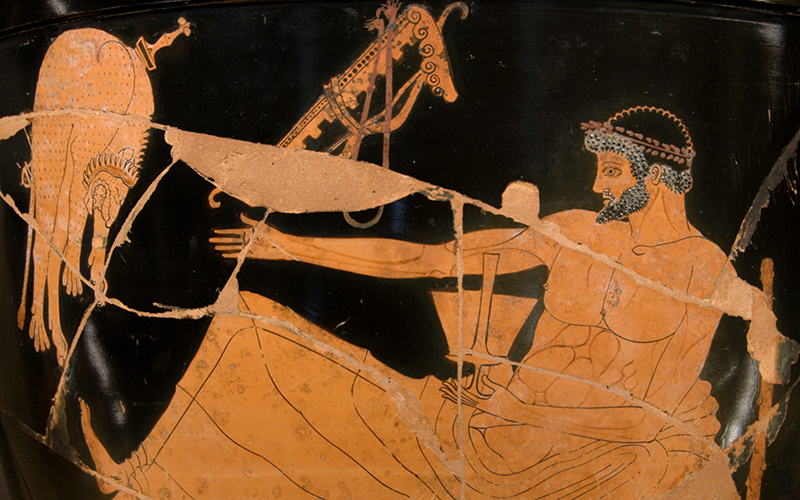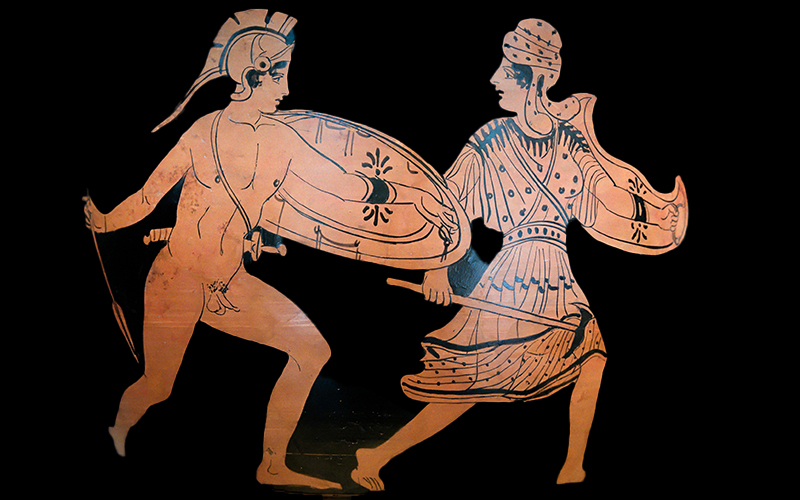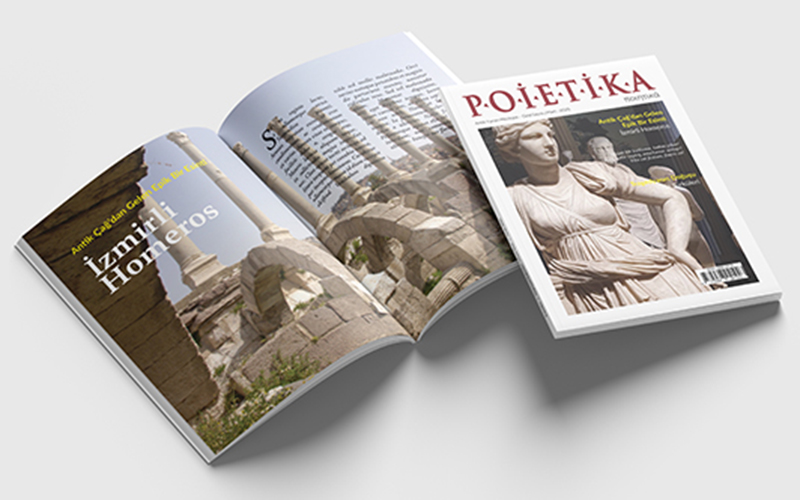
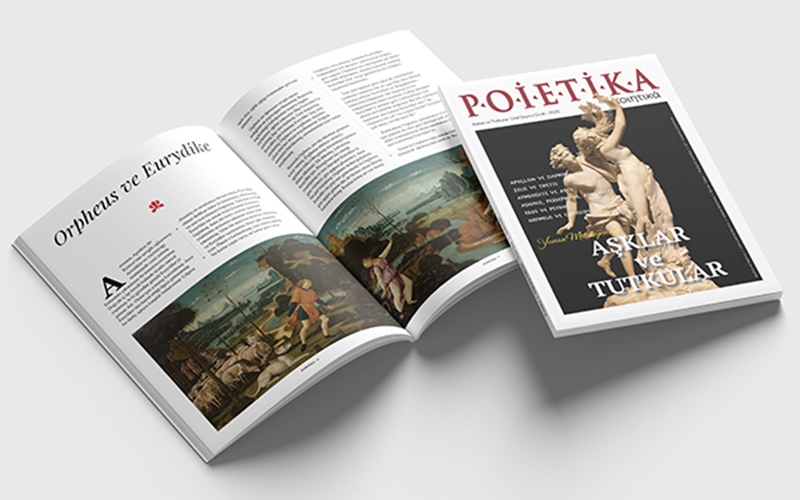



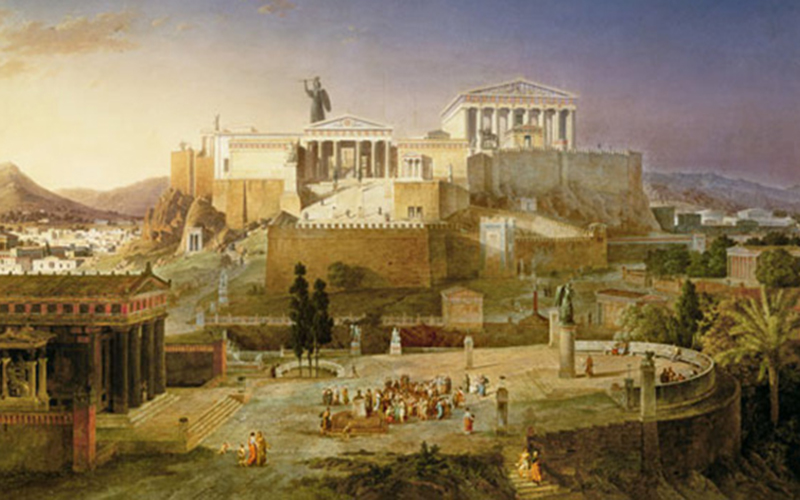
Following the harsh laws of Drakon and the balancing reforms of Solon, Athens is now undergoing a complete transformation under Cleisthenes. With a new social structure taking shape, the old aristocratic order that once relied on repression to maintain power has been forced to make further concessions.
Cleisthenes has gained widespread support through the principle of isonomia—equality before the law. His reforms introduce a new basis for political identity, shifting from lineage to locality. From now on, Attica will be divided into three main regions: mesogeia (inland), asty (urban), and paralia (coastal). These regions are further grouped into ten phylai (tribes), each composed of demes drawn from all three regions, ensuring a balanced geographical distribution.
Each demos will be governed by a local official called a demarchos, marking a significant move toward decentralized administration.
The political structure of the city also changes accordingly. The former Council of Four Hundred is restructured into a new Boule of Five Hundred, with each phyle sending fifty representatives. This not only increases local representation but also ensures a more equitable distribution of power across the entire region. The Boule will be governed in 36-day rotations by each phyle, prompting a change in the calendar system as well—each year will now be divided into ten 36-day cycles.
But Cleisthenes' reforms do not stop there.
A new political mechanism called ostrakismos is introduced, allowing citizens to exile individuals seen as a threat to democracy. Citizens will inscribe a name onto pottery shards called ostraka, and if a person receives over 6,000 votes, they will be exiled from Athens for ten years.
In a public statement, Cleisthenes said that Athens, having long suffered under tyranny, will never again be ruled by tyrants. He claimed this mechanism would act as a safeguard, swiftly removing anyone with tyrannical ambitions.
While Cleisthenes’ supporters praise the reform as a protective measure for democracy, opponents aligned with his political rival Isagoras claim that it is a strategic move to secure Cleisthenes’ own power and eliminate his adversaries.
Earlier, under Drakon, debt slavery was widespread. Solon abolished it, introducing moderate reforms aimed at balance. Now, with Cleisthenes’ sweeping changes, the Athenian political landscape is being rebuilt from the ground up.
Still, some Athenian citizens remain indifferent. They view these reforms not as revolutionary acts of equality, but as part of a broader power struggle between the traditional aristocracy and newly emerging economic and political groups created by the rise of trade both inside and outside the city.
